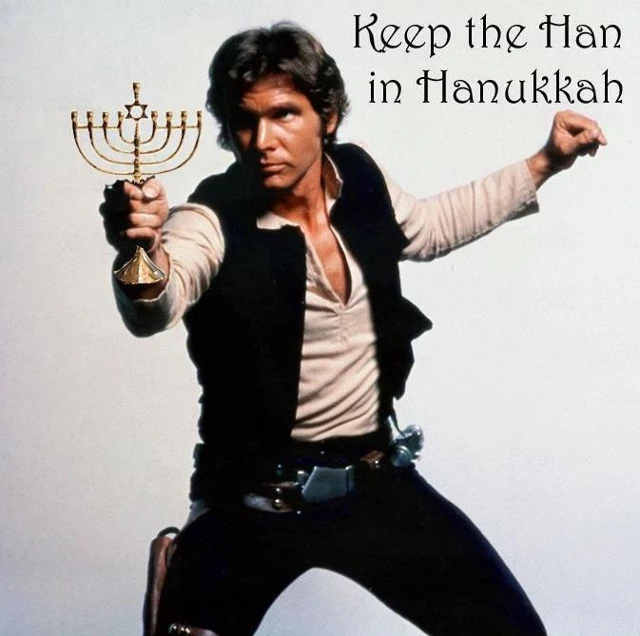It is
tempting to think that Chanukah means something different for kids than it does
for grownups. After all, we are older, wiser, more learned, and can read. My
daughter is convinced that chocolate coins are a Chanukah ritual on par with
lighting the candles.
Yes, as
grown ups, we know that there are two stories—a story of miraculous military
victory and a story of miraculously burning oil. We know that there are
complicated notions of assimilation, oppression, and what it means to have
religious freedom. We know that we are supposed to publicize the miracle,
making this about lights (not about presents).
So, as we
prepare for this Chanukah service, I would offer that even if our understanding
of Chanukah is a little more evolved than the younger generation’s, both of us
have something to learn from one another:
As we
welcome this Shabbat of Chanukah, may we remember that as we have much to teach
to our children, we also have much to learn from them.
When we
light the candles, knowing that the story of the oil lasting for 8 nights came
much later than the story of the military victory…may we remember that it
doesn’t always matter which came first, which one is right, or whether it is
true…sometimes the story is a good story, and that’s enough.
When we
bless miracles that happened then and now, may we remember with a child’s sense
of wonder that miracles are present in our world if we look and define in the
right way.
When we
celebrate Chanukah amidst a predominantly Christmas-focused society, let’s not
deceive ourselves into thinking that we outgrow the challenge of being a
minority.
When we eat
the latkes, the sufganiyot, the chocolate coins…let’s not talk about our diets
just for a minute and instead pretend we have a child’s metabolism. And then take a
walk.
When we give
and receive gifts, let’s remember that while Chanukah is not really about
presents, they’re fun and that’s okay at any age.
When we look
at the Chanukah candles, glowing with increasing light each night, we pray that
we increase in holiness, from childhood to adulthood, from year to year, from
day to day. And let us remember that we can bring light to the world at any age
and in so many ways. Let us never dismiss the smallest lights among us.
Let us
remember that Chanukah is a time for pride, for freedom, for believing in
miracles in those days and in ours. It isn’t that complicated, it isn’t that
hard, and we have 8 days to try to get it right each year.







